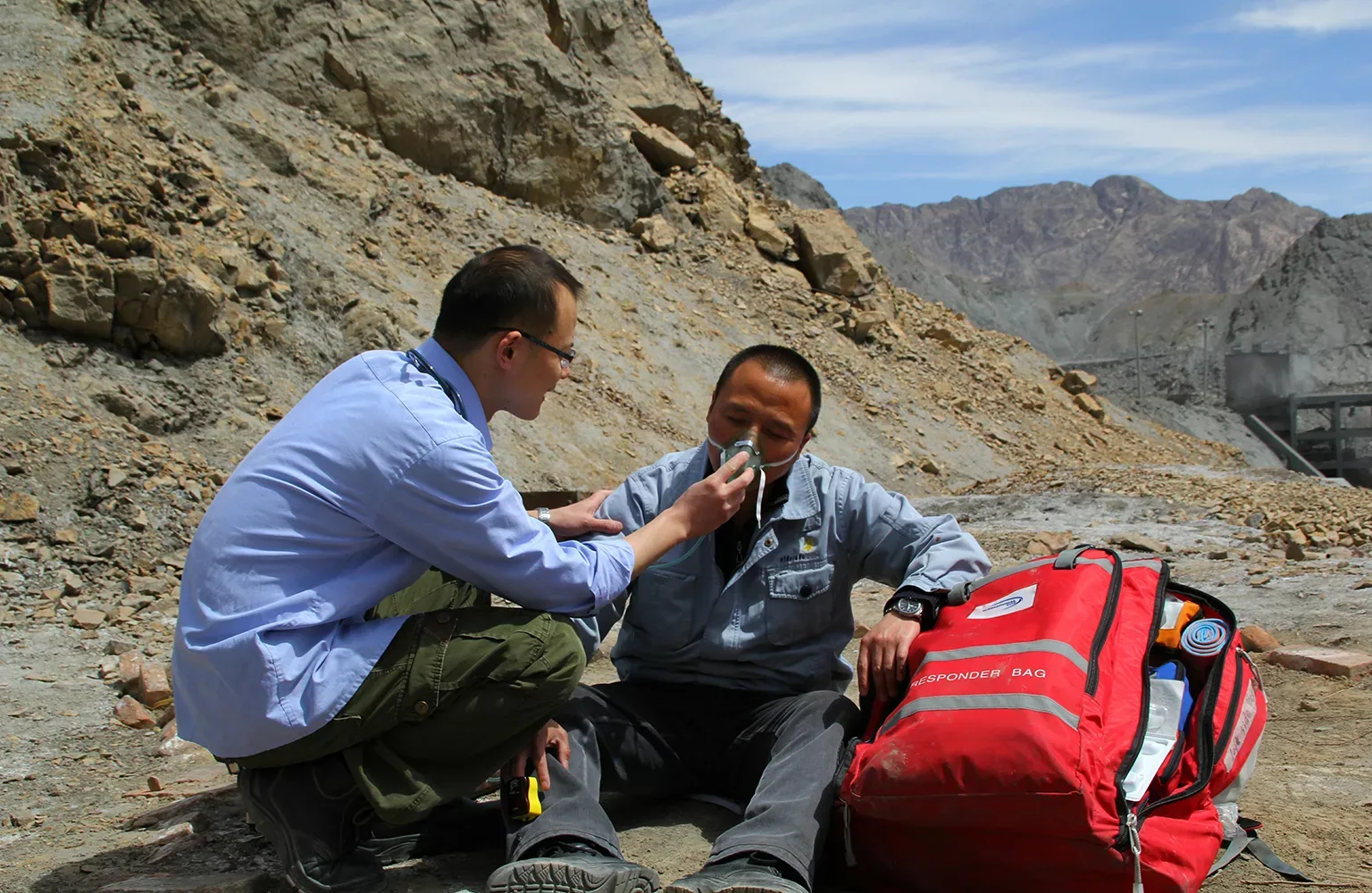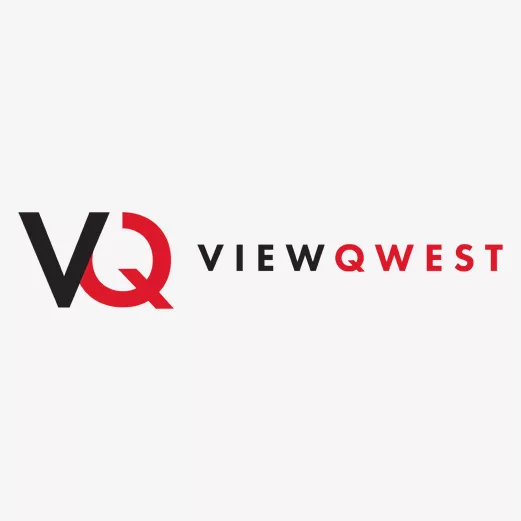Juliana Gim, Regional Managing Director of leading international health and security risk management organisation, International SOS, discusses its dedication to improving healthcare outcomes across Asia, recent innovations, and future aspirations.
GLOBAL REACH WITH A HUMAN TOUCH
Presenting both exciting opportunities and formidable challenges, today’s healthcare industry in Asia finds itself at a critical juncture.
On one hand, a growing adoption of digital health technologies, such as telemedicine, artificial intelligence (AI)-driven diagnostics, and smartphone-enabled health applications (apps) are transforming the way healthcare is delivered.
Particularly prevalent in countries such as Singapore, China, and India, these technologies not only enhance patient care but are crucial in managing the health risks associated with diverse and often challenging environments.
For instance, in remote regions or those prone to natural disasters, telemedicine can provide critical healthcare support that might be otherwise inaccessible.
However, the healthcare landscape in Asia is also marked by significant challenges.
Workforce shortages remain a pressing issue, particularly in the wake of the COVID-19 pandemic, whilst in many parts of the continent, there is an acute shortage of healthcare professionals exacerbated by the dual burden of communicable and non-communicable diseases.
Moreover, disparities in access to healthcare are also a cause for concern. While countries like Singapore and Japan boast advanced medical systems, other areas, particularly less economically developed countries or those affected by conflict, struggle with inadequate health infrastructure and services.
“These disparities not only affect general public health but also increase health risks for employees working in these environments,” introduces Juliana Gim, Regional Managing Director of International SOS.
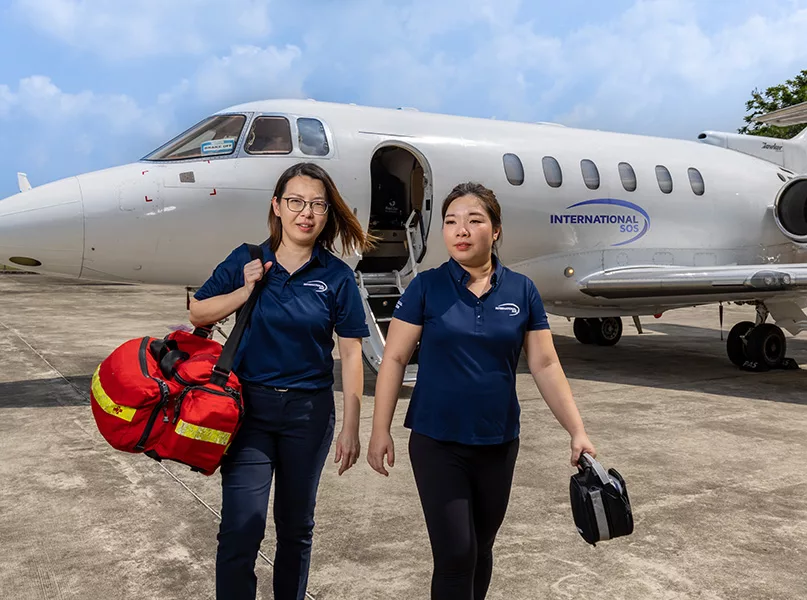
The world’s leading health and security services company, International SOS specialises in risk management and assistance services for organisations and their employees across the globe.
Founded in 1985, the company has grown significantly, now operating from over 1,200 locations in 90 countries, including a substantial presence in Asia.
“At International SOS, we emphasise the importance of understanding these regional disparities to effectively manage the health and security risks faced by our clients,” Gim assures.
As such, the healthcare industry in Asia is a landscape of contrasts – rapid technological advancements co-exist with deep-rooted challenges.
International SOS notes that navigating this complex environment requires a strategic approach that balances innovation with providing quality healthcare for all.
“As the region continues to develop, there is a clear need for collaboration between public health authorities, private sector stakeholders, and international organisations to address these challenges and harness opportunities to improve healthcare outcomes in Asia,” she sets out.
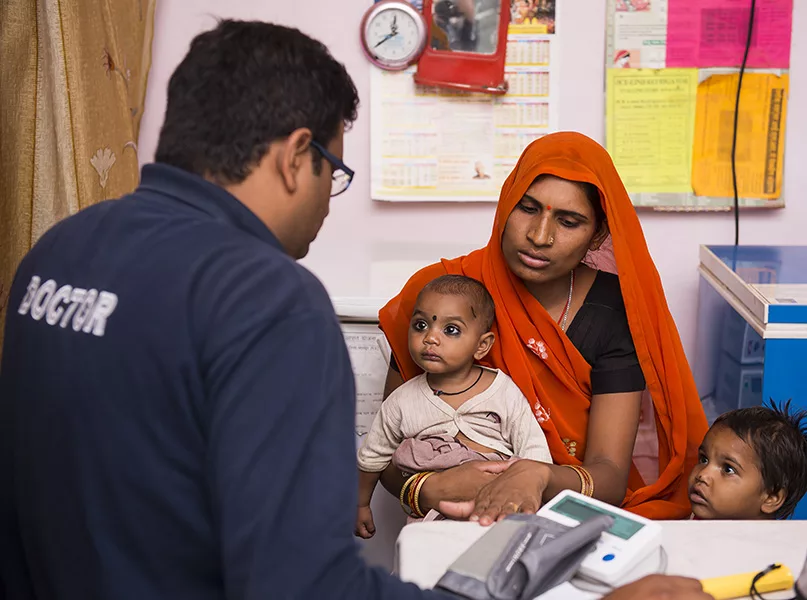
MYRIAD CAPABILITIES
With services centred around ensuring the health, safety, and well-being of its clients’ global workforce, International SOS oversees everything from routine primary healthcare and employee wellbeing management to emergency assistance, including medical and security evacuations.
“We provide comprehensive risk management solutions tailored to the specific needs of various industries, such as the energy, mining, agricultural, manufacturing, and construction sectors, where employees often work in remote or high-risk areas,” Gim outlines.
Comprising nearly 12,000 experts across various fields, including doctors, nurses, paramedics, security professionals, public health consultants, and digital specialists, the company’s workforce collectively speaks almost 100 languages – a diversity which enables it to offer culturally sensitive and region-specific solutions.
Its support extends to clinical services planning, crisis management, and security consulting. Globally, International SOS is trusted and used by over 9,000 organisations, including government and non-government organisations (NGOs), the private sector, as well as educational institutions.
“Our extensive network of assistance centres is operational 24/7, ensuring help is always available whenever and wherever needed,” she adds.
Setting International SOS apart from the competition is its ability to integrate health and security services seamlessly.
“This integration allows us to offer holistic solutions that address the full spectrum of risks our clients might face, whether they are operating in remote, high-risk areas or urban environments.”
In addition, the company’s commitment to providing personalised services is at the heart of its operations. Taking time to understand the specific needs of each client, International SOS can tailor support accordingly.
This, combined with unparalleled expertise, helps the organisation ensure its clients receive the most effective care possible, defining International SOS as a trusted partner for governments and organisations worldwide.
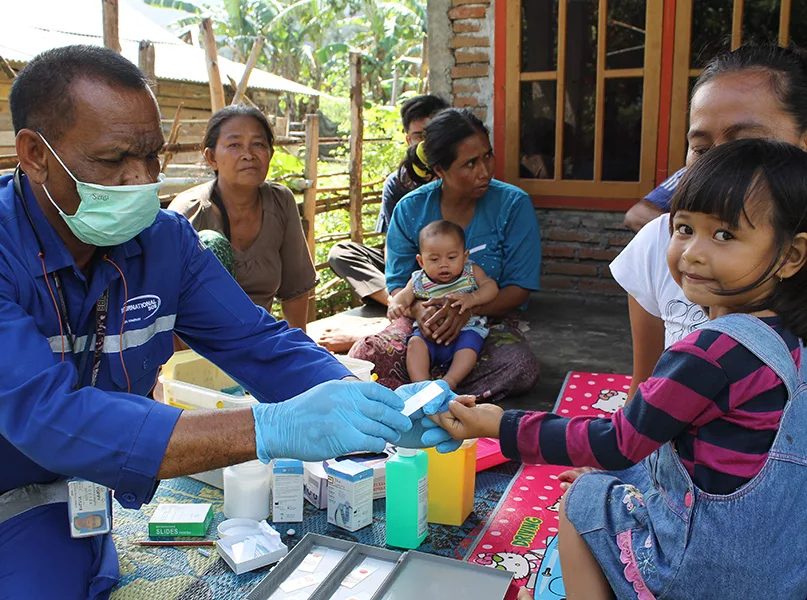
A DUTY OF CARE
International SOS’ ‘Duty of Care’ approach is a fundamental tenet of how it operates, ensuring it can protect and save lives in both low-risk and complex, high-risk environments.
“Duty of Care at International SOS means proactively taking steps to mitigate risks before they materialise and providing comprehensive support when incidents occur,” Gim clarifies.
One of the core components of its Duty of Care approach is the organisation’s adherence to global standards such as ISO 31030, which provides a framework for travel risk management.
“By following such guidelines, we help organisations establish robust risk management policies that cover all aspects of employee health and safety, from pre-travel advisories to on-the-ground emergency assistance,” she adds.
Offering services that are tailored to the specific needs of their workforce, including timely medical advice and assistance, security support, and logistical help through its global network of assistance centres, International SOS can support organisations in meeting Duty of Care obligations.

Its integrated risk management solutions also include preventive care management, real-time tracking of employees, crisis management, building capacity in training, and evacuation services, ensuring that clients’ workforces are safeguarded.
“Our Duty of Care approach extends beyond just physical health. We equally address mental well-being as a crucial aspect of overall employee safety, providing Employee Assistance Programmes (EAPs) and mental health support,” Gim furthers.
By prioritising these aspects, International SOS helps organisations fulfil their legal and ethical obligations while enhancing the resilience and well-being of global workforces.
“Our comprehensive, end-to-end services ensure that employees are not only protected but feel supported, which is essential for maintaining morale and productivity in today’s demanding work environments.”
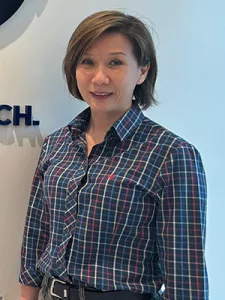
“Duty of Care at International SOS means proactively taking steps to mitigate risks before they materialise and providing comprehensive support when incidents do occur”
Juliana Gim, Regional Managing Director, International SOS
SOCIALLY RESPONSIBLE
International SOS boasts a holistic sustainability agenda that integrates its ESG principles into every aspect of business.
“We are dedicated to embedding sustainability across our operations – reducing environmental impact, upholding ethical standards, and ensuring the well-being of all,” Gim affirms.
As such, the organisation has been recognised for its responsible business practices, including securing a high score from recognised business sustainability ratings provider, EcoVadis.
International SOS places strong emphasis on social responsibility, including initiatives such as health education systems designed to break the academic poverty cycle by providing skills development and job training specifically for medical education.
“By empowering individuals and communities through education in this field, we help create sustainable livelihoods and improve overall well-being.”
In Singapore, International SOS is honoured to have been awarded the National Volunteer and Philanthropy Centre (NVPC) Champion of Good Award 2024, a testament to its unwavering commitment to ESG.
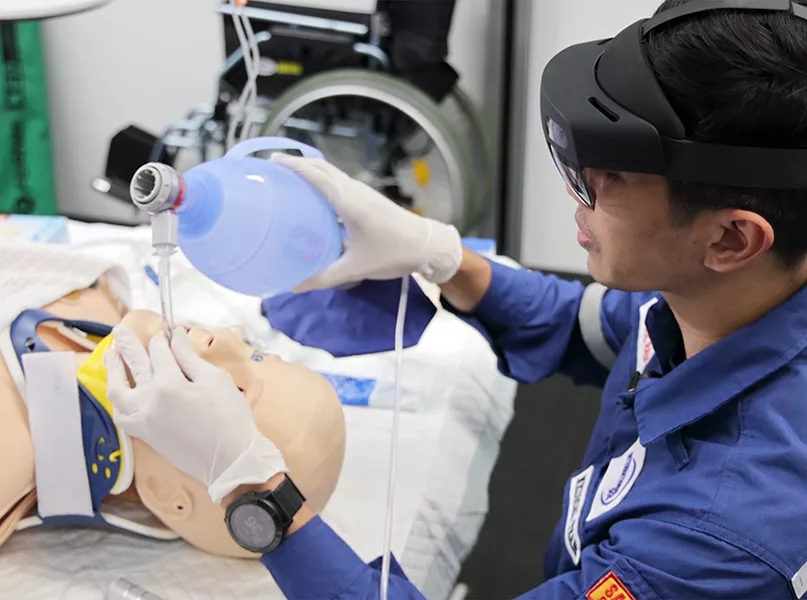
However, the organisation’s efforts are not limited to its internal operations – International SOS actively engages suppliers and partners through its supplier code of conduct, which outlines strict ethical standards.
Covering areas such as data protection, environmental responsibility, and labour rights, this code ensures that a commitment to sustainability is reflected throughout its supply chain.
Moreover, International SOS’ strong emphasis on collaboration and engagement with partners and stakeholders in terms of ESG is deeply rooted in a multiplier effect created to amplify its impact across various domains.
“The strategic integration of sustainability into our business model is guided by continuous improvement and regular evaluation of our ESG initiatives to ensure they remain relevant and impactful.”
In this way, the organisation uses feedback to refine its approach – a strategy which has proven crucial for sustaining its efforts and maximising its long-term positive impact.
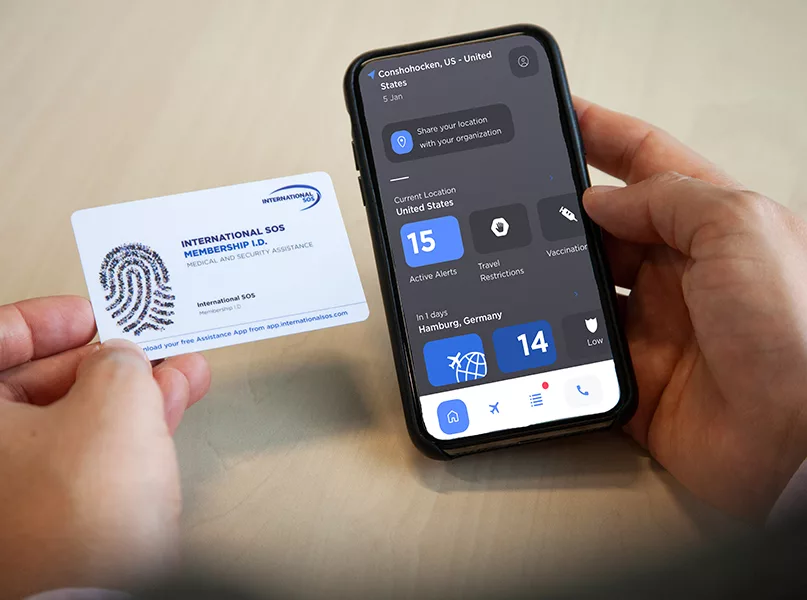
ASIA-WIDE INFLUENCE
Actively engaged in several impactful projects across Asia addressing diverse health challenges faced by local populations, International SOS’ commitment to enhancing community health and supporting government initiatives is indisputable.
One key initiative is the company’s ongoing collaboration with governments to strengthen public health systems and improve emergency preparedness in each region.
“For instance, we have been working closely with governments in Indonesia, Malaysia, Singapore, and the Philippines to provide critical health services and support during public health emergencies,” Gim explains.
In the Philippines, International SOS has partnered with the Quezon City government to conduct a rapid health risk assessment to strengthen the city’s pandemic response plan, including a comprehensive evaluation of the city’s COVID-19 vaccine and testing programmes.
Additionally, in Laos, it has designed and implemented the Nam Theun (NT2) Hydroelectric Project community health programme, covering 8,000 resettled people across 16 villages in the Nakai district.
“Our health expert piloted the health programme in Laos for eight years, successfully establishing infrastructure for primary health care alongside training local medical staff,” she elaborates.

In addition to government partnerships, the company is deeply involved in community-focused projects aimed at improving overall health outcomes, which emphasise underserved communities.
As such, in Thailand and Vietnam, it has launched campaigns that include vaccination drives, maternal and child health programmes, and chronic disease management support designed to address specific challenges such as high rates of non-communicable diseases and limited access to primary healthcare services.
“Looking forward, we are also expanding our efforts to enhance workplace health and safety through our Workforce Resilience (WFR) programme, including a comprehensive set of services aimed at improving employee well-being,” Gim reveals.
Set to be rolled out across various industries in Asia, the programme covers mental health support, stress management training, and wellness education, all of which are tailored to meet the specific needs of the local workforce.
“By focusing on both the physical and mental health of employees, we are helping organisations create healthier, more resilient environments that can adapt to the evolving demands of the modern workplace,” she adds.
“We are focused on advancing our telemedicine and mobile health services to ensure greater access to care, particularly in underserved regions”
Juliana Gim, Regional Managing Director, International SOS
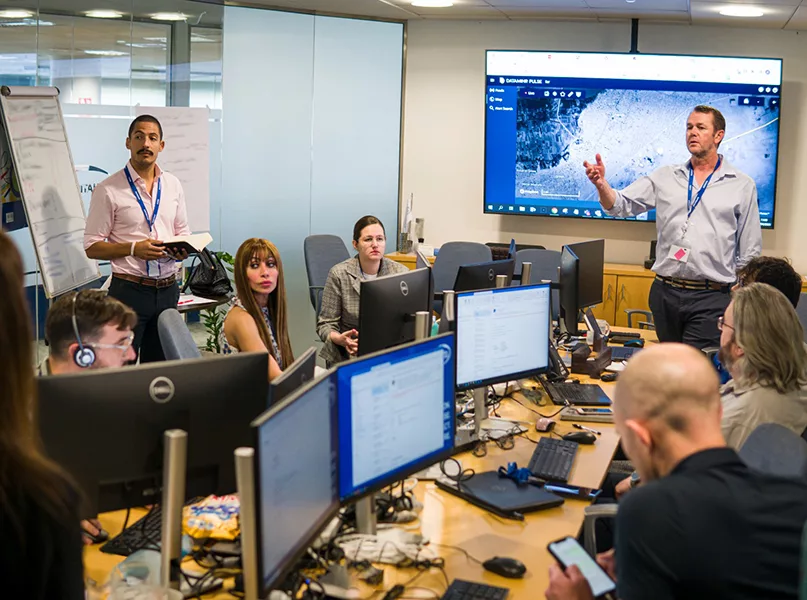
LOOKING TO THE FUTURE
Set to celebrate its 40th anniversary next year, as International SOS anticipates the future, its key priorities revolve around expanding its digital health capabilities, enhancing its global reach, and deepening its commitment to sustainability.
“We are focused on advancing our telemedicine and mobile health services to ensure greater access to care, particularly in underserved regions,” Gim divulges.
Strengthening partnerships with governments, NGOs, and private sector organisations will allow it to deliver tailored health and security solutions across diverse markets.
The organisation is also dedicated to fostering resilience within the workforce and offering programmes that support mental and physical welfare in the workplace.
“Holistic well-being remains an important pillar of our agenda. We recognise that mental health is an increasingly important aspect of overall employee well-being, especially as the global workforce continues to navigate the challenges posed by the COVID-19 pandemic and beyond.”
As such, International SOS’ mental health and resilience support services are designed to help organisations proactively address mental health across their teams. This approach not only helps reduce absenteeism and improve productivity but also fosters a more supportive and engaged workplace culture.

In parallel, sustainability remains a cornerstone of the organisation’s strategy, with goals to reduce its environmental impact and support local communities.
Additionally, innovating for crisis management and risk mitigation remains crucial to International SOS as global challenges grow in complexity.
Internally, the organisation is committed to nurturing talent and leadership, promoting diversity, and empowering its teams to drive its mission forward.
“These efforts are aimed at ensuring International SOS continues to adapt and lead in a changing world while staying true to our core values of protecting and saving lives,” Gim concludes.



